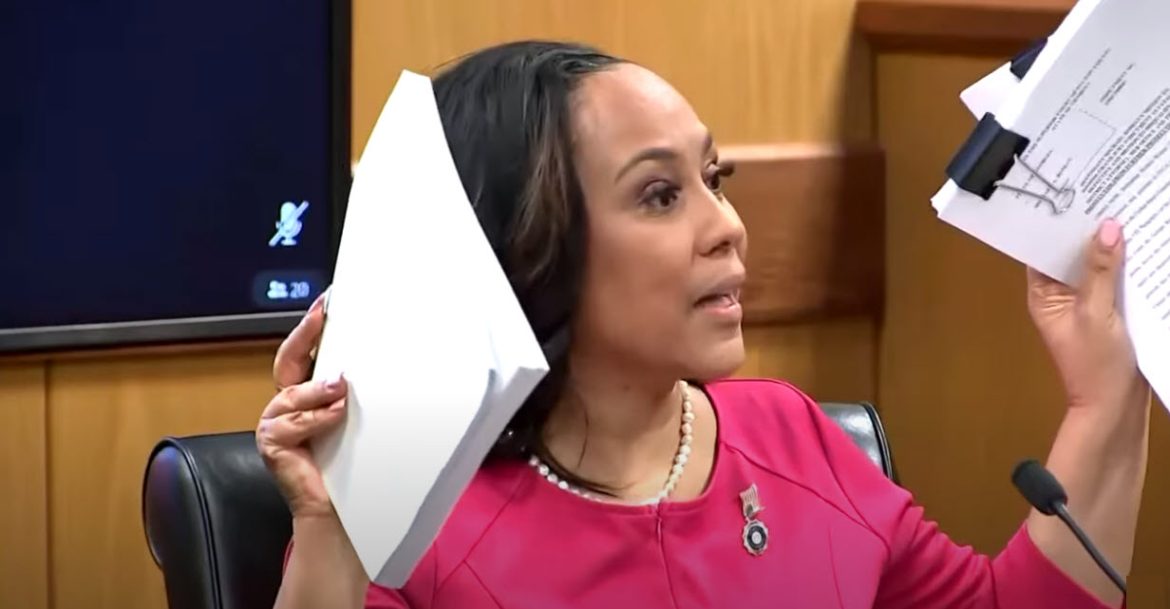In a recent development concerning the legal proceedings involving former President Donald Trump and allegations of election interference, a Georgia judge has ruled that Fulton County District Attorney Fani Willis can continue to lead the case if the special prosecutor is removed. This decision comes amidst controversy surrounding Willis’s romantic relationship with special prosecutor Nathan Wade, raising questions about potential conflicts of interest and professional conduct.
The judge’s ruling offers two options for the case’s continuation: either Willis removes herself from the case voluntarily, or the special prosecutor, Nathan Wade, is removed. Trump’s legal team had actively sought Willis’s removal due to her relationship with Wade, citing concerns about impartiality and fairness in the proceedings.
While the judge acknowledged the relationship between Willis and Wade, he determined that there was no “actual conflict” that would warrant Willis’s removal from the case. However, he expressed dissatisfaction with what he described as a “tremendous lapse in judgment” and criticized the unprofessional manner of the District Attorney’s testimony.
The ruling has sparked reactions from legal experts and commentators, with many expressing concerns about the potential impact on the trial’s timeline and fairness. White House correspondent and attorney Jon Decker commented on the ruling, stating that while Willis may continue as the lead prosecutor, the case has suffered a significant setback due to the controversy surrounding her relationship with Wade.
Decker also emphasized the likelihood of further delays in the trial proceedings, anticipating appeals from Trump and his co-defendants in response to the judge’s decision. Trump’s legal team has voiced dissatisfaction with the ruling, highlighting what they perceive as prosecutorial misconduct on the part of Willis and Wade.
The ongoing legal saga underscores the complexities and challenges associated with high-profile cases involving political figures. The controversy surrounding Willis’s involvement has added another layer of scrutiny to an already contentious legal battle, raising important questions about ethics, impartiality, and the integrity of legal proceedings.
As the case progresses, observers are keenly watching for any developments regarding potential appeals, trial delays, and the broader implications for the legal process and accountability in cases of alleged election interference.



